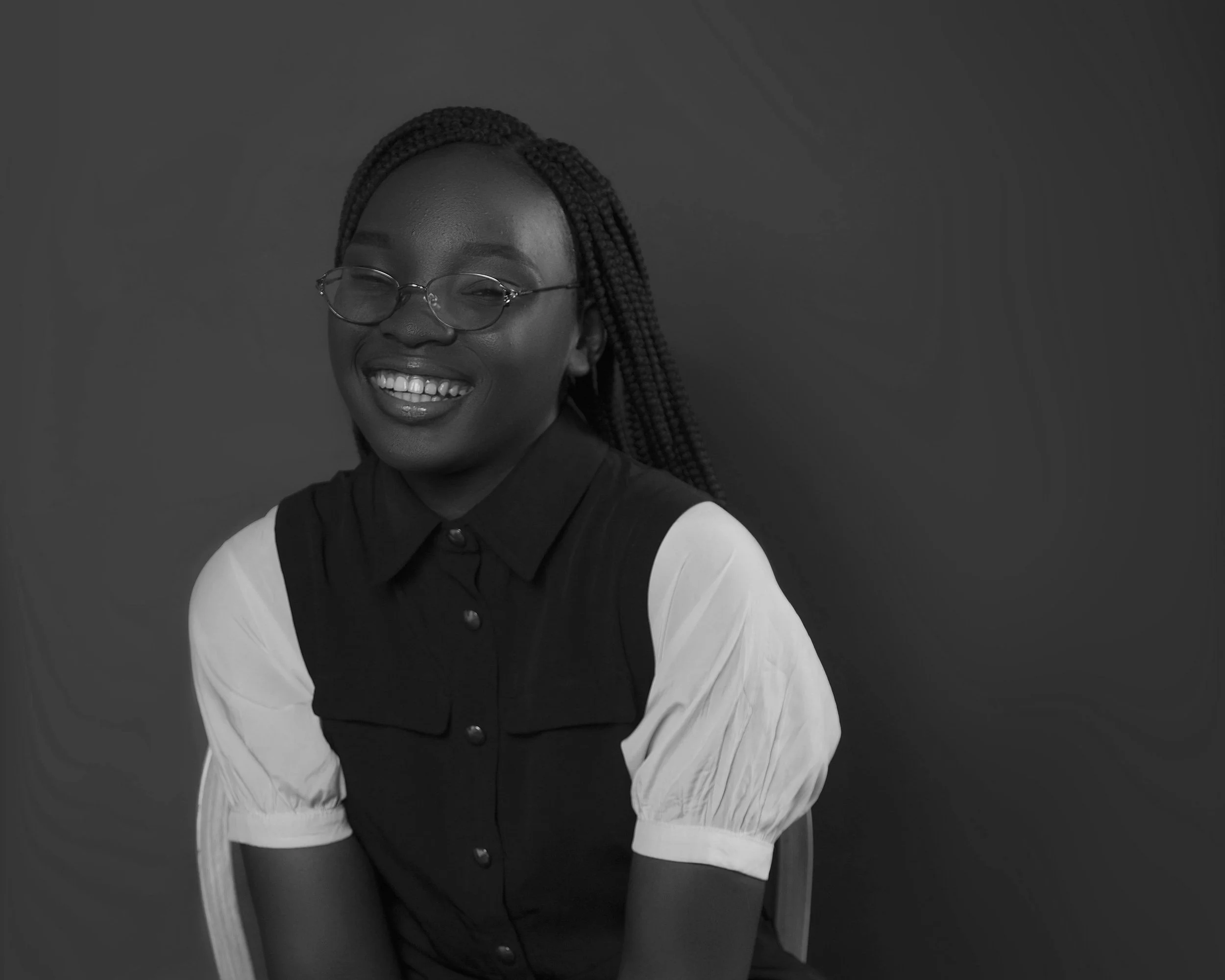On Becoming A Feminist - Victoria Oladipo
A photo of the author.
My first understanding of women’s rights would come to me as a little child. I would sit at my father’s feet as he told me stories of Ngozi Okonkjo Iweala and Dora Akinyuli. I would tell myself that I would be like them. My father would tell me: “A woman’s education does not end in the kitchen. Do you think these women have the time to cook? They have who to cook for them”. I would recite it and debate it with my primary school classmates. It was always an intriguing part for me – to argue.
When I was in Primary 3, Yusuf and I contested for the class captain, and I won. I remember Aunty Titi telling me that girls could not be class captains; they could only be assistants. Yusuf became the class captain and carried the beef until I left primary school. I would see Yusuf in the future and walk past him because how could he become something I won democratically because he was a boy?
Growing up in a religious, conservative home has made me ask several questions. Even now that I’m older and still a church girl, I have strongly built my beliefs around religion and women’s rights. I am convinced that I believe in both, and it would not be on my watch that women are treated unfairly and unjustly. As a young child, I remember being told by a teacher in children’s church that I needed to be more religious because my husband might not be, and it would be my place as the pillar of the home to do the prayers. I muttered under my breath and asked why. Why did I have to be religious because of a man? Why couldn’t I be spiritual because I wanted to be? And not for a future, I did not even know about. I was eight years old.
Defiance wasn’t my thing. I was the good girl. I was the perfect example, and I still am. I’m now the woman every parent wants their child to be like. Even though I no longer pretend to be who I am not, I am now reticent about it. Older people like someone who agrees with them, and I have started playing that part very well. I nod at whatever is said and smile when needed. I kneel to greet everyone and play with them in a way they would laugh. Making decisions required me to think about how everyone would feel about them. I needed everyone to be in perfect agreement with my decision, and if it were something I really wanted to do, I would compose the lies I would tell when the questions came. It comes with being a first daughter or sometimes just being a girl. It would be best if you were the perfect wife for your hypothetical husband.
This was it for me when I got into my first relationship, and it was still the same when I got into my second relationship - the man-pleasing and trying-to-save-the-relationship attribute. I suffered emotional abuse in my first relationship, and in the second, he would let me know things could not work because I was a feminist. I never acknowledged that I was a feminist till 2020. I didn’t want to be like “those Twitter feminists.” I wanted to be the feminist everyone loved.
Coming into full acceptance that the questions I’ve always had about my rights came under the feminist ideology was a struggle. Would it affect how people saw me and who wanted to discuss it with me? Would I find a man? (the ultimate question that many people ask feminists as if their fight for equality is to pally to men’s ego). I also wondered if I could be a feminist and maintain my Christian faith. There are so many struggles in choosing feminism in a patriarchal society. Particularly, when you are religious and do not agree with the things other religious people say, there is this judgment you get even without people saying it.
You can feel it; you can sniff it. But it is what it is. You know why you are here; you know the questions that feminism provided answers to; you know this fight is not just for you. It’s for every woman you know and will learn. You remember, so when you make bold statements that people do not buy, you are not shivering; you know it.
That’s what saying I’m a feminist has done for me – it made me assertive, bold, and opinionated.
I need women to be liberated; it shouldn’t be that hard.
